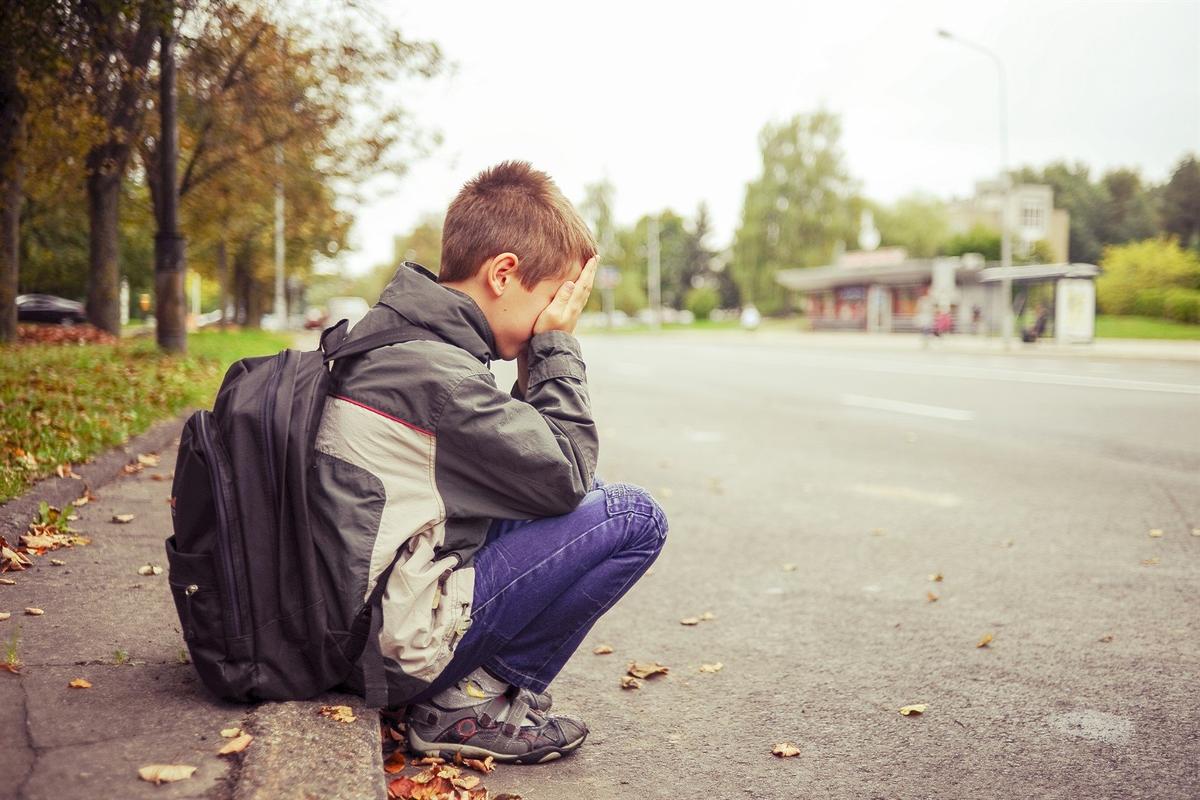Student Wellbeing
Student Wellbeing encompasses the following areas: Student Engagement, Student Connectedness, Classroom Climates, Inclusion and Prevention to Intervention

Student Wellbeing
Student Wellbeing encompasses the following areas: Student Engagement, Student Connectedness, Classroom Climates, Inclusion and Prevention to Intervention
Every year St Fidelis partners with BULLY ZERO organization. They come to the school and provide the students with learning around bullying.
This year they will be at our school on March 10th and then in the evening, there will be a parent session. This year it will be online again, so please join us. More details and links to follow as it gets closer to the day.


Bullying is NEVER ok. It is hurtful and can impact someone for a long time. Remember, you are not alone. There are people you can talk to and things you can do to stop the bullying.
Bullying happens when a person or a group of people repeatedly and intentionally use words or actions to cause distress and harm to another person's safety and wellbeing.
Bullying can happen anywhere. It can be in schools, at home, at work, in online social spaces, via text messaging or via email. It can be physical, verbal, emotional, and it also includes messages, public statements and behaviour online intended to cause distress or harm (also known as cyberbullying). But no matter what form bullying takes, the results can be the same - severe distress and pain for the person being bullied.
Bullying isn't the same as a 'normal' conflict between people (such as having an argument or a fight) or simply disliking someone. It's more about repeated behaviour by someone who has power or control over someone else.
The sort of repeated behaviour that can be considered bullying includes:
WHAT IS NOT BULLYING?
There are also some behaviours, which, although they might be unpleasant or distressing, are not bullying:
Mutual conflict involves a disagreement, but not an imbalance of power. Unresolved mutual conflict can develop into bullying if one of the parties targets the other repeatedly in retaliation.
Social rejection or dislike is not bullying unless it involves deliberate and repeated attempts to cause distress, exclude or create dislike by others.
Single-episode acts of nastiness or physical aggression, or aggression directed towards many different people, is not bullying.
THE DIFFERENT TYPES OF BULLYING
There are different types of bullying. Below are some of the more common forms:


More information can be found on: https://www.bullyzero.org.au/